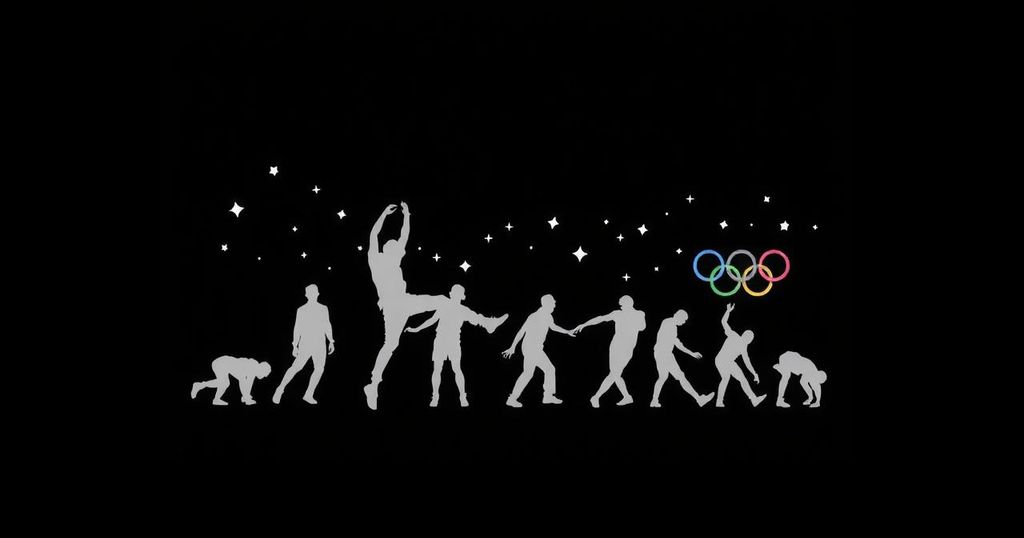Rachael Gunn Leads Breakdance World Rankings Amid Controversy
Summary
Rachael Gunn, known as Raygun, ranks first in breakdance world standings despite failing to score at the Paris Olympics. The WDSF explains that Olympic performances are excluded from rankings, which rely on the highest four performances over the past year. This lack of clarity has drawn criticism from the breaking community, emphasizing a need for events that resonate with the sport’s culture.
Rachael Gunn, widely recognized by her moniker Raygun, currently stands at the pinnacle of the breakdance world rankings, despite facing significant criticism for her performances at the recent Paris Olympics, where she did not score any points. In light of her unexpected ranking position, the World DanceSport Federation (WDSF) issued a statement seeking to clarify the reasons behind this anomaly. The federation attributed this unusual circumstance to a unique competition schedule this year. Raygun, a 37-year-old university lecturer from Sydney, was unable to collect points during the Olympics, where her routines included a so-called ‘kangaroo’ dance that drew public ridicule. The WDSF explained that its rankings are determined by an athlete’s top four performances over the past year, omitting Olympic performances, including the Paris Games and qualifying events held in Shanghai and Budapest. Furthermore, no ranking events occurred between December 2023 and the Olympics, allowing athletes to fully concentrate on qualification preparedness. Consequently, many competitors are currently ranked based on only a singular performance; in Raygun’s case, her victory at the Oceania Continental Championships in October 2023 has granted her 1,000 points. This decision has incited critique within the breaking community, with skeptics arguing that the rankings do not authentically represent the sport or its cultural significance. Zack Slusser, Vice President of Breaking for Gold USA, stated, “Speaking of the WDSF, they actually don’t have any real merit with the breakers or the breaking community … they also haven’t been able to organise events by their measure that would contribute to creating an accurate world ranking.” According to Mr. Slusser, most breakers participated in WDSF-controlled events solely to garner qualification points for the Olympics, expressing that there was little motivation to engage further with the WDSF, especially since the events were described as lacking cultural value and enjoyment. In stark contrast, he highlights international competitions such as the Red Bull BC One championships, which focus on fostering community and positive vibes among breakers. In conclusion, the WDSF indicated that rankings are subject to change as more ranking events are scheduled, beginning with the Breaking for Gold World Series in Shanghai in October.
The article addresses the peculiar circumstances surrounding Rachael Gunn’s top position in the breakdance rankings, despite her underwhelming performance at the Paris Olympics. The WDSF has clarified that their rankings are computed based on a specific methodology that excludes Olympic competitions. This situation has spurred critiques about the integrity of the rankings within the breaking community, revealing a broader discourse on the relationship between official governing bodies and the cultural essence of breaking as an art form.
In summary, Rachael Gunn’s status as the leading breakdancer in current world rankings has generated considerable debate, primarily due to her lackluster Olympic performance and the WDSF’s exclusion of Olympic events from its ranking calculations. The backlash from the breaking community emphasizes concerns regarding the rankings’ authenticity and the WDSF’s connection to the athletes it governs. Moving forward, the rankings may reflect more accurately the competitive landscape with upcoming events scheduled for the near future.
Original Source: www.skysports.com








Post Comment